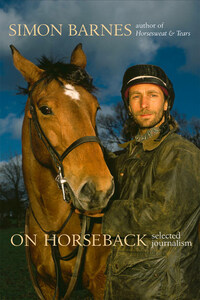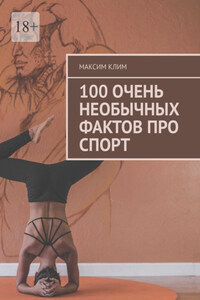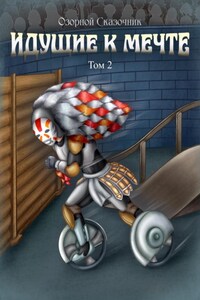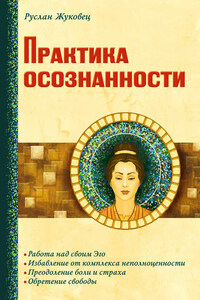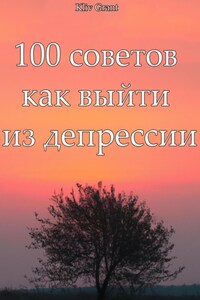To tell the truth, I always resisted the idea of writing about horses. I thought it would be just a bit too much. Horses are so much a part of my daily life, and I have so much of an emotional stake in horses, that I thought that anything I wrote about them would be best delivered in a plain brown wrapper.
But then everything came up horsey: The Times asked me to write Talking Horse, a weekly column about horses, and various horsey magazines asked me to do some stuff for them. And I found myself loving it.
Every piece you write in such circumstances is for a deadline: and for a certain edition of a publication with a limited shelf life. But when you write anything, particularly something that means a good deal to you, you try to be consistent, and you hope that your work actually adds up to something. I hope that what I have written about horses provides a consistent view of horses and horse people: and of the contract that exists between them.
The pieces are presented pretty well as they appeared: I have made a few small changes here and there, occasionally to correct an error that had crept in during production, sometimes to cut out a line that is repeated elsewhere in the book. Iâm afraid journos do tend to repeat themselves: it is this â rather than making things up â that is the real vice of the profession. I hope I have told each joke no more than half a dozen times, anyway â¦
The backbone of the book is pieces from The Times, presented, mostly, in chronological order: I thought it would be more fun to have the pieces come at you more or less at random, rather than bunched together in some arbitrary way. Besides, if I stuck all the dressage pieces together, it would put too many people off. I have taken some pieces from The Spectator, and put them in out of chronological order, using them to offer a comment on other, longer pieces.
I would like to offer thanks first to every person who has given me time and the freedom of the stable yard and, often, a horse to ride. I have had some memorable experiences with some memorable horses: I hope I have done them all justice.
I also owe thanks to Keith Blackmore and David Chappell at The Times, who got me to write about horses, and to George Brock for permission to reprint the pieces here. Thanks also to Boris Johnson at The Spectator, who generously allowed me to reprint some pieces from my weekly column. Thanks to Richard Vadon at the BBC, who produced a series of talks I gave for Radio 4, which included the pieces used as introduction. Thanks also to Alison Bridge at Horse & Rider, for whom I now write a regular column.
Best thanks to all horsey people who have given me encouragement, and who have written to me saying that this or that piece got it right. These things matter more than the writer of the letters can ever guess. Thanks also to that person all journalists need: the good sub.
Finally, of course, thanks to the horses themselves: all the lovely chance rides I have had. But most particular thanks to my own: Dolly Dolores, in foal as I write, and her strapping son, Bullseye.
Final thought before we begin: the best wind in the world is the one that blows between a horseâs ears (Arab proverb).
For my introduction, I present a transcript of a talk I gave on Radio 4, in a series called Sporting Sermons.
Britain is a nation of horse-lovers. Itâs riders they canât stand. Most people are keen to talk about their obsessions: one of the first skills any horsey person learns is how to turn conversation away from horses.
I know why you like horses, whips, spurs, boots, nudge nudge. As if it were the most tremendous joke and they were the only person ever to think of it.
My own patent conversation stopper, when asked âWhy do you like horses?â is to reply: âBecause I havenât discovered boys yet.â A friend of mine, female, has invented an even more effective method, one guaranteed to kill a conversation stone dead. âYou should see the size of my horseâs willy,â she says. Oddly enough, no one ever mentions the subject â horses, that is â again.
